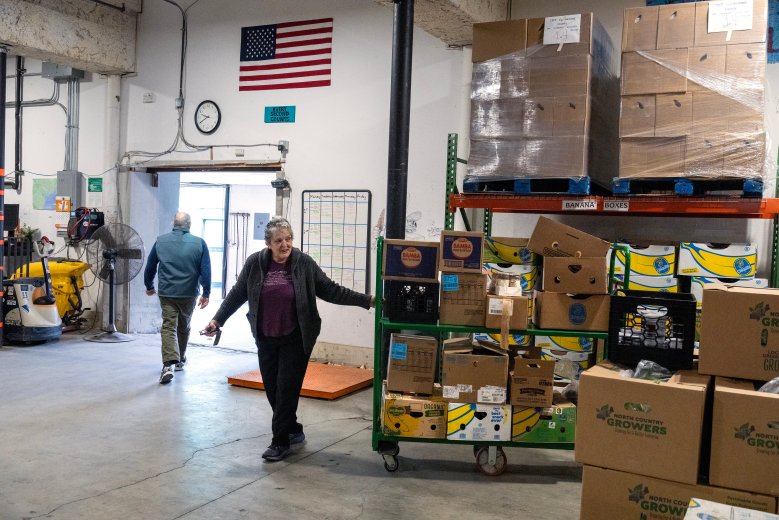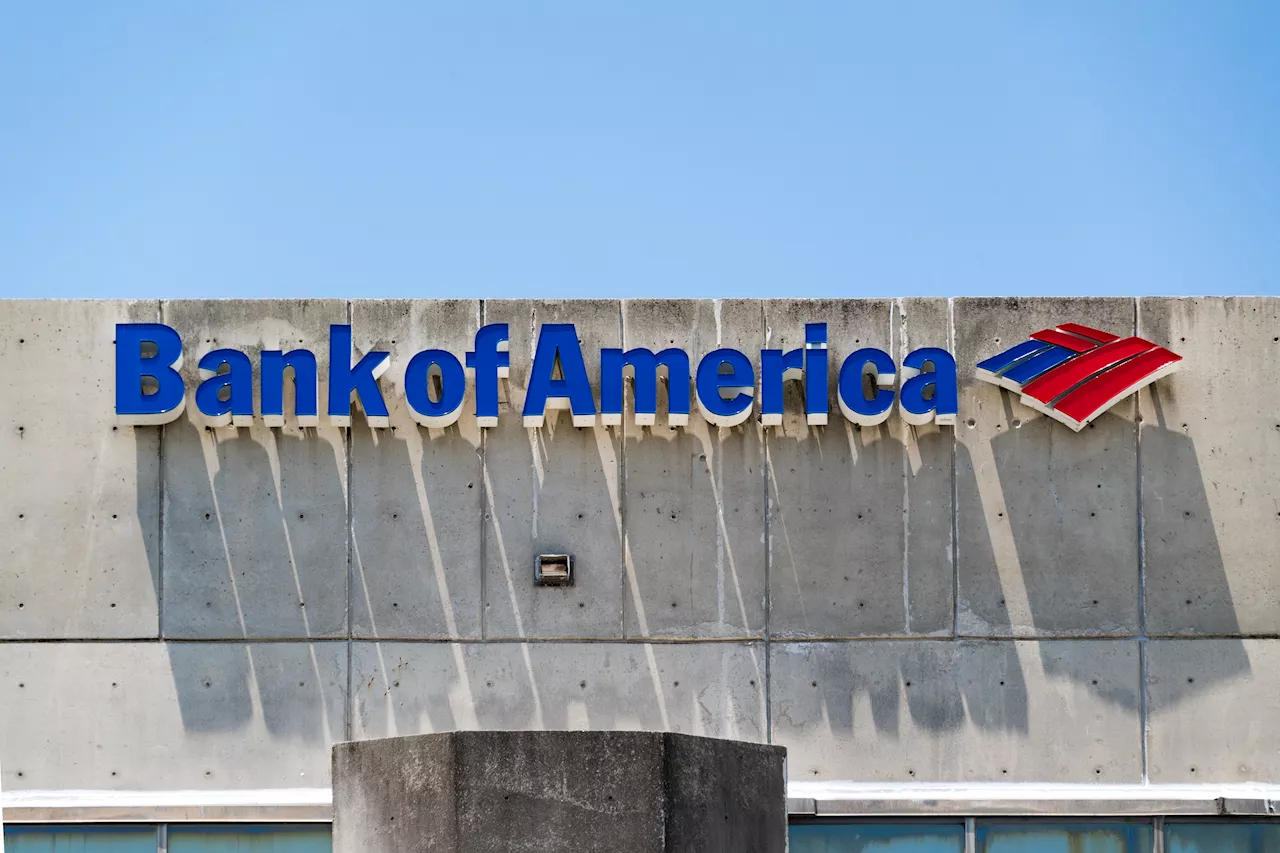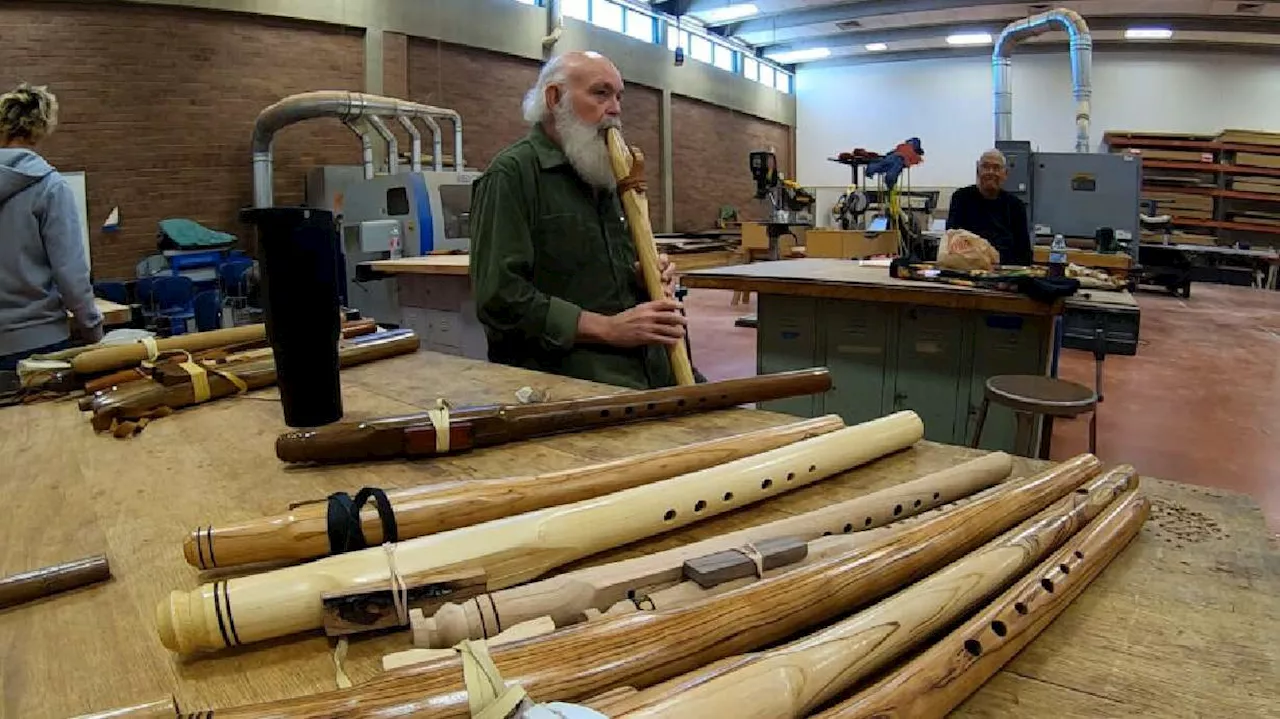Maine residents and businesses are mobilizing to assist local food pantries and anti-hunger organizations in anticipation of a significant lapse in Supplemental Nutrition Assistance Program (SNAP) benefits next month. This situation is exacerbated by the ongoing federal government shutdown, which has prompted warnings from authorities that SNAP benefits will not be distributed in November.
The crisis comes on the heels of severe cuts to SNAP benefits, following the passage of the One Big Beautiful Bill by Congress in July. Currently, the average monthly SNAP benefit for a family of four in Maine stands at $572. As of recent figures, approximately 169,812 Mainers, or 12.5% of the population, rely on these benefits, according to the Maine Department of Health and Human Services.
In the face of these challenges, food banks and pantries report a surge in demand, with some experiencing increases of between 20% and 40% in requests for assistance.
Community Support Grows
Despite the rising demand, organizations in Greater Portland are witnessing a concurrent increase in community support. The Locker Project, which collaborates with public schools to provide meals for children and their families, has noted a marked uptick in volunteers and donations. Executive Director Kathryn Sargent expressed gratitude, stating, “We have definitely seen an uptick in community members who want to help out and make sure our neighbors all have the nourishing food they need.”
Similarly, Dwayne Hopkins, Executive Director of the South Portland Food Cupboard, reported a 20% increase in recipients. He remains optimistic about managing the demand with support from the community. “We’re doing our best to provide at least some food to anyone who is coming,” he said.
At Preble Street in Portland, the influx of volunteers and donors is helping to address the urgent needs of families who struggle to choose between rent, medicine, and food. Ali Lovejoy, Vice President of Mission Advancement at Preble Street, noted the importance of ongoing financial contributions, emphasizing that “steady donor support helps the most.”
Businesses Join the Effort
Local businesses are also stepping up to support food pantries. Many pantries collaborate with grocers to rescue surplus food that would otherwise go to waste. For instance, Taj Cuisine in South Portland announced its commitment to providing meals for those in need, stating on social media, “No one in our community should ever go without a warm meal or a caring hand.”
Third Space Market in Gorham has partnered with the Gorham Food Pantry, serving as a drop-off location for food donations. They are also collaborating with Magno Terra Cafe in Yarmouth to deliver frozen meals to individuals in need.
Preble Street has recently launched a new initiative, the Food Security Hub, which aims to produce up to 10,000 meals per day for distribution to pantries and shelters across the state. Lovejoy remarked on the urgency of the situation, saying, “We’re going into a mode to see how quickly we can ramp up.”
Addressing Immediate Needs
As food supplies dwindle, pantries have specific shortages they are trying to fill. The South Portland Food Cupboard has highlighted a need for peanut butter, jelly, and shelf-stable milk. Hopkins encouraged community members to check in with their local food pantries to identify their most pressing needs.
For those seeking assistance, the Good Shepherd Food Bank provides an interactive map on its website, gsfb.org/food-map, helping individuals locate food pantries throughout Maine.
While local organizations are rallying to support those affected by the SNAP cuts, they cannot fully replace the critical assistance that SNAP provides. Lovejoy emphasized, “SNAP is the most powerful resource we have against hunger in Maine and across the country.”
Sargent echoed this sentiment, noting that SNAP benefits account for nine times as many meals as the charitable food system can provide.
The ongoing government shutdown has left many in Maine vulnerable, and community leaders are urging residents to contact their elected representatives for support. Hopkins advised, “Reach out to government officials. Go to the source and fix the source. Right now, we’re just treating the symptoms.”
As lawmakers in Washington navigate the complexities of the shutdown, local organizations remain committed to feeding as many people as possible. Lovejoy affirmed their commitment, stating, “We’re going to do as much as we can to feed as many people as we can.”







